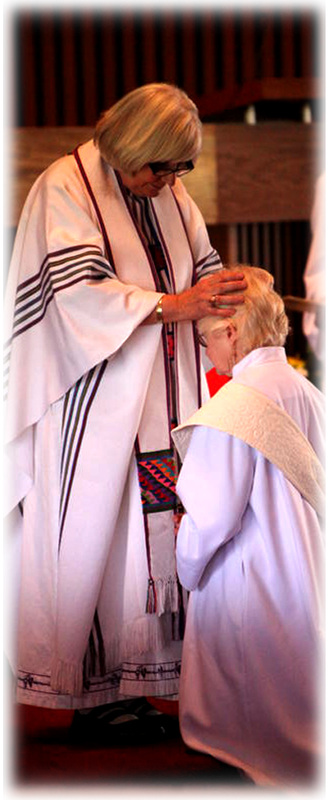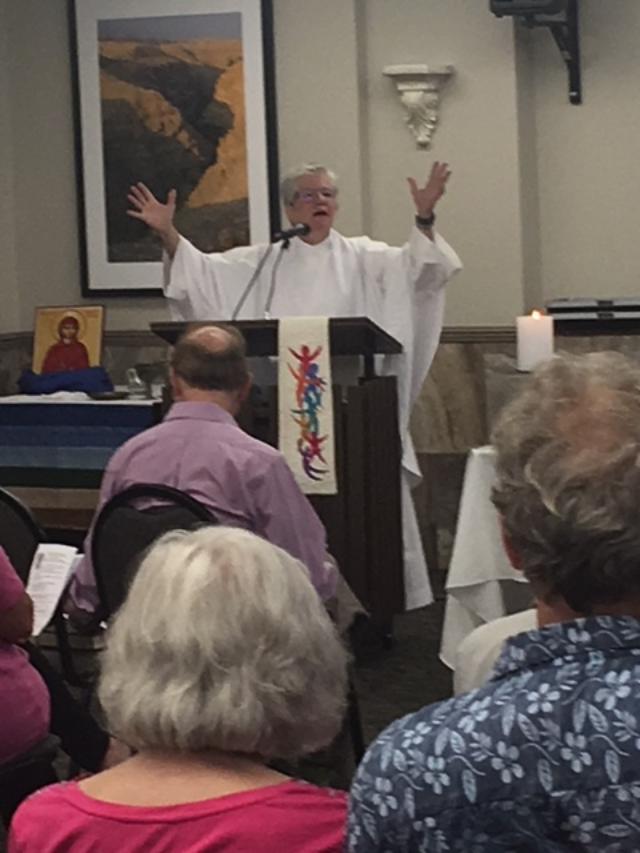2/27/22
Daniel 13: 5-8, 19-23, 31-38, 41-49
Ps. 22, They Who Do Justice
James 1: 19-22, 26; 1 Peter 4: 8-11
Luke 6: 39-49
I had written what I thought would be a very good homily for today, but world events have made it sound ridiculous. The war initiated by Russia against the people of Ukraine has taken center stage in the minds and hearts of all of us, and we have no choice but to address it. I’m sure you all have thoughts about it, so I will keep my remarks brief and then open this up for our sharing.
The main message of our readings today is still applicable: we are called to avoid judging one another, to leave judgement to God. God has created us all in the divine image. Every person is equally beloved by God. Every Ukrainian child, every Russian soldier, every laboring diplomat, every Polish immigrant aid worker—equally beloved by God. Even Vladimir Putin—equally beloved. We can and must condemn certain behavior. We must stand up for peace and do all we can to protest the killing of innocent people. But we cannot condemn people. These reading tell us we have no right to decide who should live or die. Putin does not have this right, no one has the right to kill. We have the right to defend ourselves. Otherwise, we must leave final judgement, the right to live or die, to God.
What we can do is to help one be better. We can come together, especially during times like wars, or like Lent, to study how we can love better and grow less selfish and less violent, as individuals, and as the human family. We can agree to examination of our own behavior, to prayer, and to giving whatever we can to help victims of all kinds of injustice. And we can commit to learning all we can about the situations of our family members around the globe and what we can do to make sure we are not contributing to the injustices that mar their lives. There is no excuse for the judgement that our own comfort and convenience outweighs another person’s ability to eat and work and live in peace. We must love as God loves us, to our ultimate capacity. We must help one another love better.
Please, what are your thoughts?
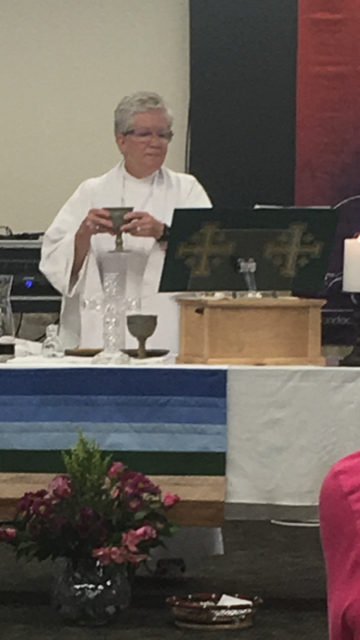
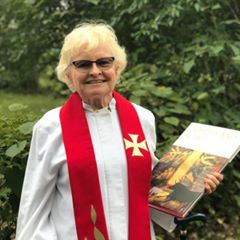
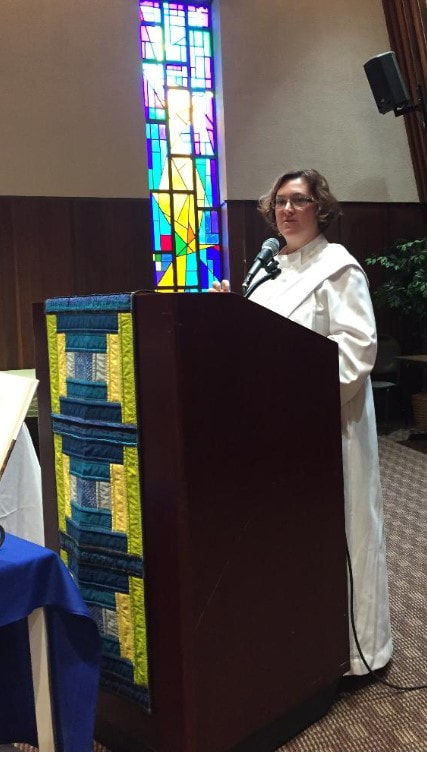
 RSS Feed
RSS Feed
